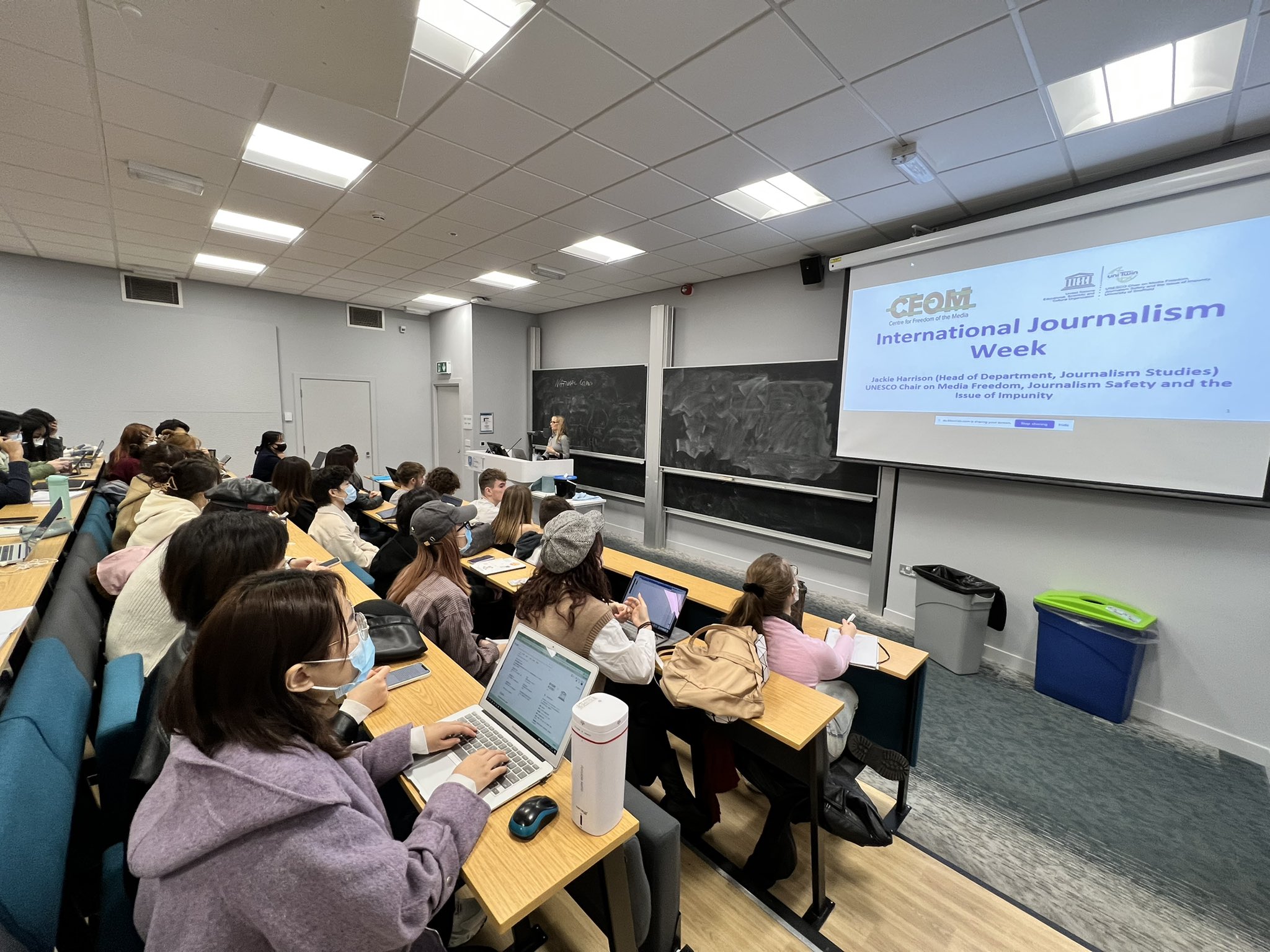UNESCO Chair Activities: 2020-2022
May 2020
May 3: UNESCO Chair commemorates World Press Freedom Day 2020
To commemorate World Press Freedom Day 2020, the UNESCO Chair wrote a blog piece for the CFOM website focusing on the importance of free and independent journalism during the COVID-19 pandemic as a climate of mis/dis-information threatened the media landscape.
May 12: New CFOM Study compares editorial standards and complaints handlings before and after IPSO
CFOM conducted a two-year comprehensive study of editorial standards of accuracy and complaints handling pre- and post- the Independent Press Standard Organisation (ISPO). The aim of the research was to explore member publishers’ editorial standards and, in particular, whether and how standards of complaints handling have changed within the industry. The study was conducted by the research team (below) comprising of the UNESCO Chair and Dr Irini Katsirea (PI) and Dr Chrysia Dagoula. The full report has been published on IPSO’s website and more information can be found here.
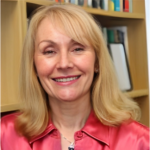
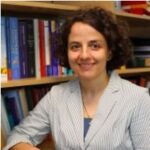
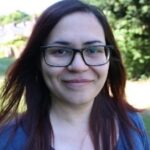
May 22: Publication of article focusing on repressive and oppressive conditions for news journalism in pre- and post- coup Turkey
The UNESCO Chair co-authored a paper published in Media, Culture and Society called: ‘From repression to oppression: news journalism in Turkey 2013-2018’. The article was co-authored with Professor Stef Pukallus and Lisa Bradley from the School of Journalism, Media and Communication and Sarah Clarke from ARTICLE 19. The article examines and analyzes the changes brought about by the failed coup d’état in Turkey of 2016 in terms of their civil, legal, and political significance for news journalism and news journalists.
July 2020
July 13: UNESCO Chair and CFOM arrange JSRN panel at IAMCR Conference
The UNESCO Chair, CFOM and UNESCO jointly arranged a panel at the IAMCR Conference that was held online in July 2020. The panel focused on the safety of journalists and media and information literacy. It marked the third consecutive year that CFOM and UNESCO had jointly arranged activities at the annual IAMCR conference. The UNESCO Chair also presented a paper with Dr Sara Torsner called: ‘Theorising the relationship between media literacy and the (un)safety of journalists’. The paper argued that strategies to secure journalism safety must consider how the relationship between journalism and citizens’ media and information literacy is prone to attack from state and market power that produce conditions of un-safety for journalists.
September 2020
September 28: UNSCO Chair writes on media and information literacy as a means to safeguard journalism’s capacity to serve the public’s right to know
As part of International Day for Universal Access to Information (IDUAI), the UNESCO Chair wrote a blog post on the importance of media literacy in a time of mis/dis-information and the work that CFOM is doing to examine the relationship between the safe undertaking of journalism and a media and information literate citizenry.
October 2020
October 15: UNESCO Chair conferred as Fellow of the Academy of Social Sciences
On 15 October 2020, the Academy of Social Sciences announced that 73 leading UK social scientists had been conferred the award of Fellow of the Academy of Social Sciences for their outstanding contributions to research. The UNESCO Chair was conferred this prestigious award for her work and research contributions.
I’m delighted to be judged by my peers to be worthy of a fellowship of the prestigious Academy of Social Sciences. It is an honour to be placed alongside its fellows, all of whom have made such important contributions to public life by working to improve social, political and economic well-being for all.
November 2020
November 25: UNESCO Chair writes on the threats of online violence against women journalists
To mark International Day for the Elimination of Violence against women, the UNESCO Chair, Dr Julie Posetti and Professor Silvio Waisbord published a blog post on the CFOM website discussing preliminary findings from their research project examining the online threats that women journalists face.
December 2020
December 9: World Press Freedom Day Academic Conference on the Safety of Journalists
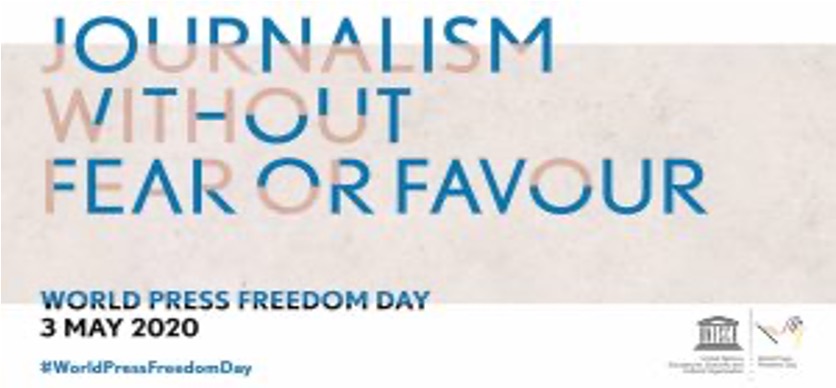
The Academic Conference as part of World Press Freedom Day took place online in December. The UNESCO Chair wrote a paper alongside CFOM’s Dr Silvia Chocarro, Albana Shala and Dr Sara Torsner. The paper: ‘Understanding the link between a media and information literate citizenry and the (un)-safety of journalism’, examined whether Media and Information Literacy societies are more likely to support journalism and protect journalists from attempts to silence them.
2021
March 2021
March 22-26: International Journalism Week 2021.1 takes place
International Journalism Week took place in March 2021 following its postponement in 2020. It was the first of two International Journalism Week’s to take place that year. The theme was Media Freedom and Social Justice. The UNESCO Chair delivered opening remarks and spoke about the importance of media freedom and the ability of citizens to make fair and informed judgments about the world we live in. CFOM also hosted an expert panel session moderated by CFOM’s International Director.
April 2021
April 29: UNESCO Chair co-organises Academic Conference as part of World Press Freedom Day
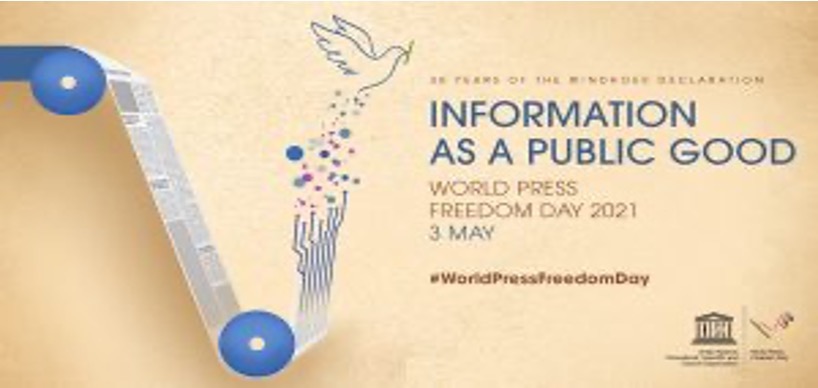
The UNESCO Chair co-organised the sixth Academic Conference as part of World Press Freedom Day on 29 April. The organising committee also included UNESCO, the University of Nambia and OsloMet. The UNESCO Chair and JSRN also hosted the first #JournoSafe FlashTalk which aims to serve as a space for knowledge exchange for representations from civil society organisations and academic researchers.
November 2021
November 8-11 International Journalism Week 2021.2
The second International Journalism Week 2021 took place in November. The theme of ‘Media Freedom in the digital age’ saw the UNESCO Chair deliver opening remarks. CFOM also hosted an expert panel entitled: ‘The increasingly dominant role of government and big tech power as ‘gatekeepers’ of public debate. The repression of independent media and civil society voices in the digital media space.’
